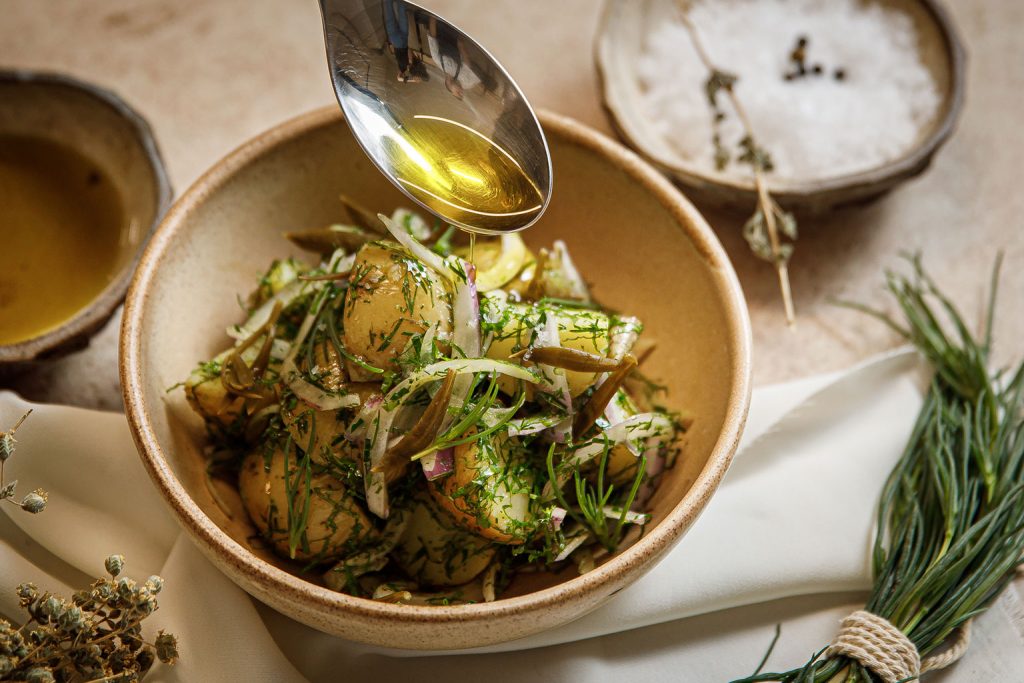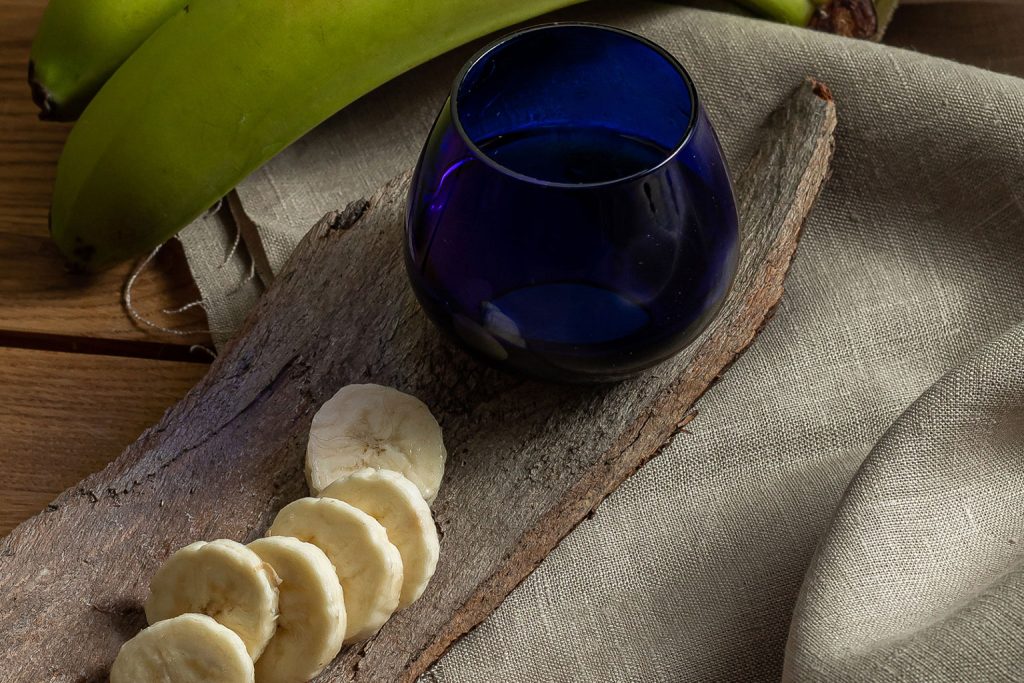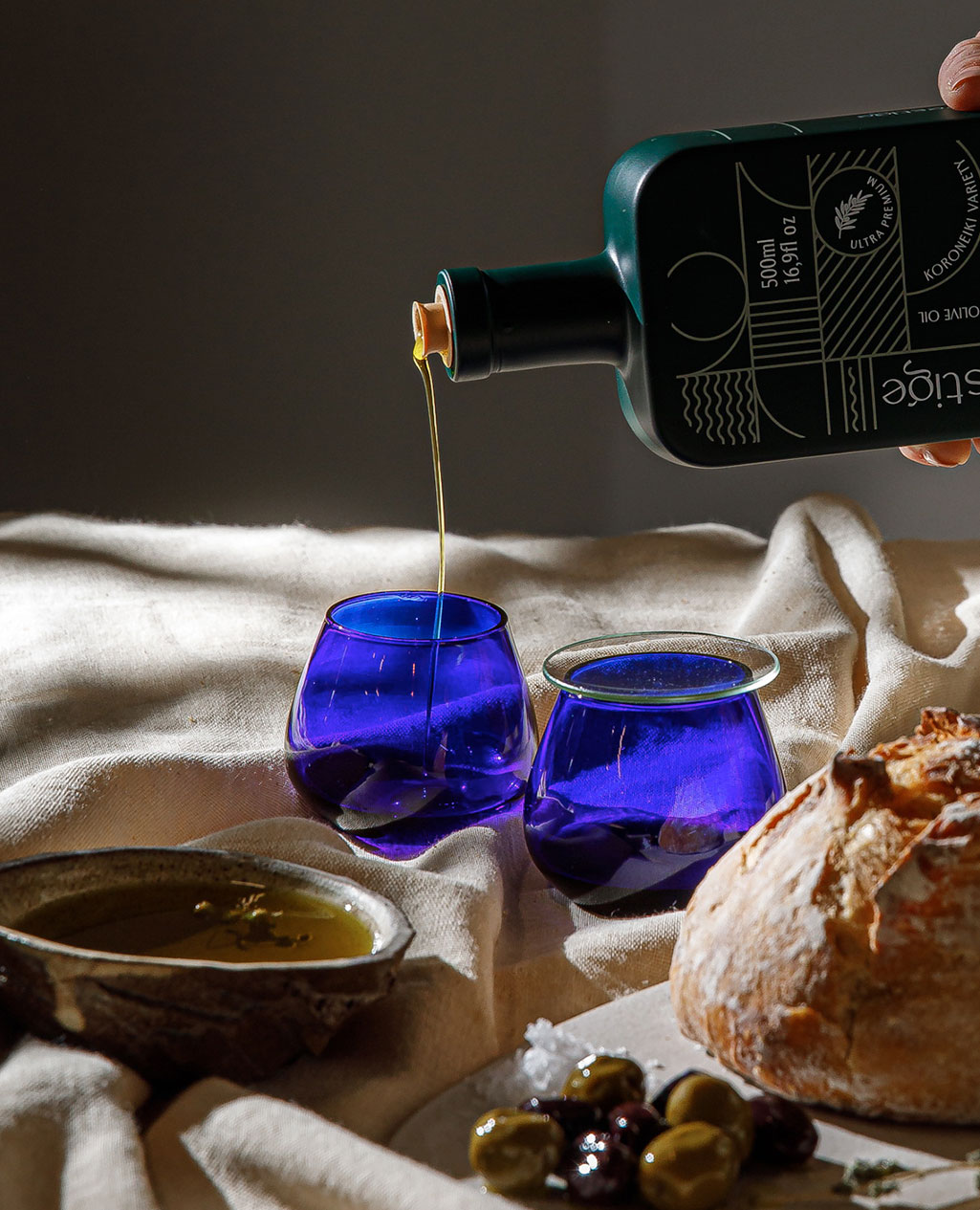Το ελαιόλαδο, ο αδιαμφισβήτητος πρωταγωνιστής της μεσογειακής κουζίνας και αναπόσπαστο κομμάτι της ελληνικής κουλτούρας, είναι κάτι περισσότερο από ένα απλό συστατικό. Αποτελεί πολιτιστικό κομμάτι μας, γιατί όχι μόνο είναι βασικό συστατικό του κάθε πιάτου που τρώμε, αλλά είναι και ένα υλικό πολύ οικείο για όλους μας.
Όλοι στην Ελλάδα γνωρίζουμε σίγουρα την χρονική περίοδο που μαζεύονται οι ελιές, εχουμε δει τον τρόπο με τον οποίο μαζεύονται -ακόμη και αν δεν έχει χρειαστεί να μαζέψουμε οι ίδιοι- , έχουμε όλοι κάποιον γνωστό -θείο, παππού ή γείτονα- που να σχετίζεται με την παραγωγή του, ενώ το κυριότερο όλων είναι ότι σίγουρα όλοι μας ξέρουμε πως να το ενσωματώνουμε στις σαλάτες μας αλλά και σε κάθε πιάτο που μαγειρεύουμε. Δεν είναι τυχαίο άλλωστε το γεγονός ότι είμαστε οι μεγαλύτεροι καταναλωτές ελαιολάδου στον κόσμο, με κατα κεφαλήν κατανάλωση 12kg ελαιολάδου τον χρόνο!
Παρόλα αυτά, γνωρίζουμε άραγε πραγματικά αυτό το προϊόν που τόσο έντονα καταναλώνουμε; Γνωρίζουμε με ποιά κριτήρια πρέπει να το αξιολογήσουμε, και ότι η γευσιγνωσία του είναι απαραίτητη προκειμένου να μπορέσουμε να διακρίνουμε τις ποιότητες του;
Κι όμως, η γευσιγνωσία του ελαιολάδου, είναι αναπόσπαστο κομμάτι του ποιοτικού του ελέγχου. Δεν γίνεται άλλωστε να τρως χωρίς να δοκιμάζεις 😝. Δεν είναι όμως, η γευσιγνωσία του ελαιολάδου, μόνο θέμα προτίμησης, αλλά και νομοθετικό κριτήριο ωστέ να μπορέσει να πάρει κατηγορία ποιότητας (εξαιρετικά παρθένο, παρθένο, μειονεκτικό).

Τι περιμένουμε λοιπόν να αισθανθούμε όταν δοκιμάζουμε ένα εξαιρετικά παρθένο ελαιόλαδο;
Η επιτομή ενός ποιοτικού ελαιολάδου είναι το φρουτώδες άρωμα του! Ένα εξαιρετικά παρθένο ελαιόλαδο θα δώσει πάντα φρέσκια, φρουτώδη ένταση στην μύτη η οποία θα παραπέμπει σε αρώματα της φύσης. Συχνά μπλεγμένη σε ένα μπουκέτο αρωμάτων, στο οποίο εντοπίζονται από άγουρες νότες ( φρεσκοκομμένο χορτάρι, αγκινάρα και φύλλα ντομάτας) εώς και πιο ώριμες (μπανάνα, καρύδι και μπαχαρικά)

Επόμενο επιθυμητό χαρακτηριστικό του είναι η πικρή του γεύση. Το ελαιόλαδο αναμένουμε να έχει μόνο μια γεύση, και αυτή είναι η πικρή! Ω ναι! Το ελαιόλαδο θέλουμε να είναι πικρό, διότι η πικρή του γεύση οφείλεται σε πολυφαινόλες, οι οποίες υπάγονται στα αντιοξειδωτικά, και ως ενώσεις πολύ ευεργετικές για την υγεία, ανεβάζουν την διατροφική αξία του ελαιολάδου. Συνεπώς όσο πιο πικρό, τόσο το καλύτερο! The Bitter, the Better, που λένε και στο χωριό μου
Τελευταίο χαρακτηριστικό για να αξιολογήσουμε την ποιότητα του είναι η Πικάντικη αίσθηση που αφήνει στο λαιμό, ή αλλιώς η αίσθηση τσιμπήματος ή καψίματος είναι και αυτή κάθε άλλο επιθυμητή. Παρόλο που σαν αίσθηση πολλές φορές μας προκαλεί βήχα λόγω του ερεθισμού που προκαλεί στον οισοφάγο, οφείλεται στην πολυφαινόλη ελαιοκανθάλη η οποία και αυτή αντίστοιχα ανήκει στην κατηγορία των αντιοξειδωτικών και είναι ωφέλιμη για την υγεία.
Αυτή η πικάντικη αίσθηση, σε συνδυασμό με ένα υπέροχο φρουτώδες άρωμα και πικρές νότες, δημιουργεί μια σύνθετη και ικανοποιητική γευστική εμπειρία που είναι μοναδική σε ένα εξαιρετικά παρθένο ελαιόλαδο υψηλής ποιότητας!



